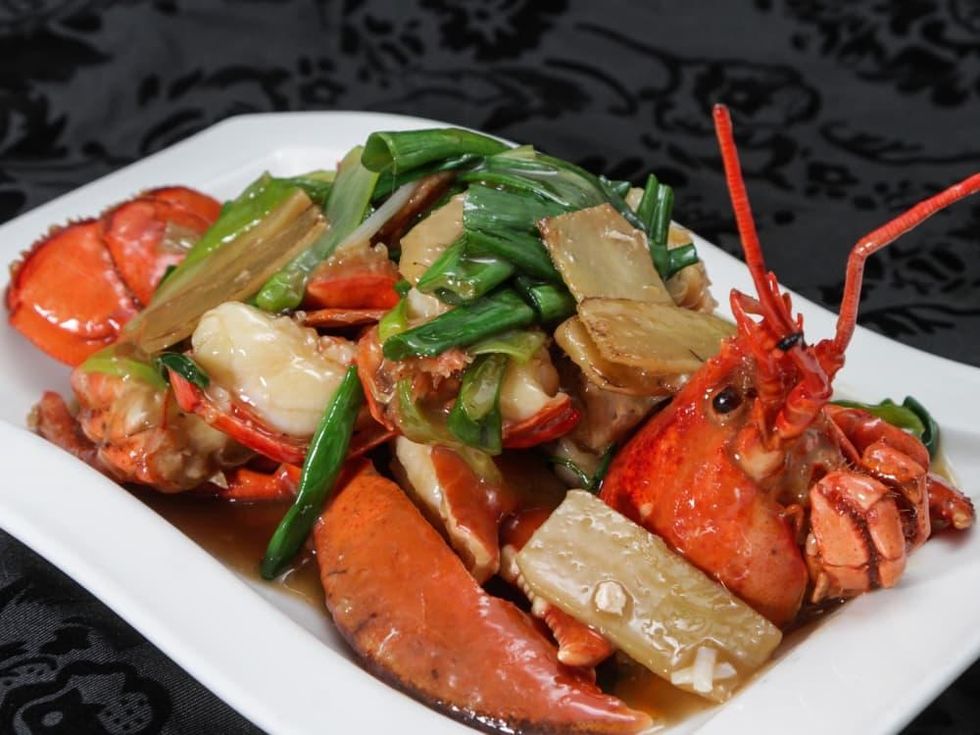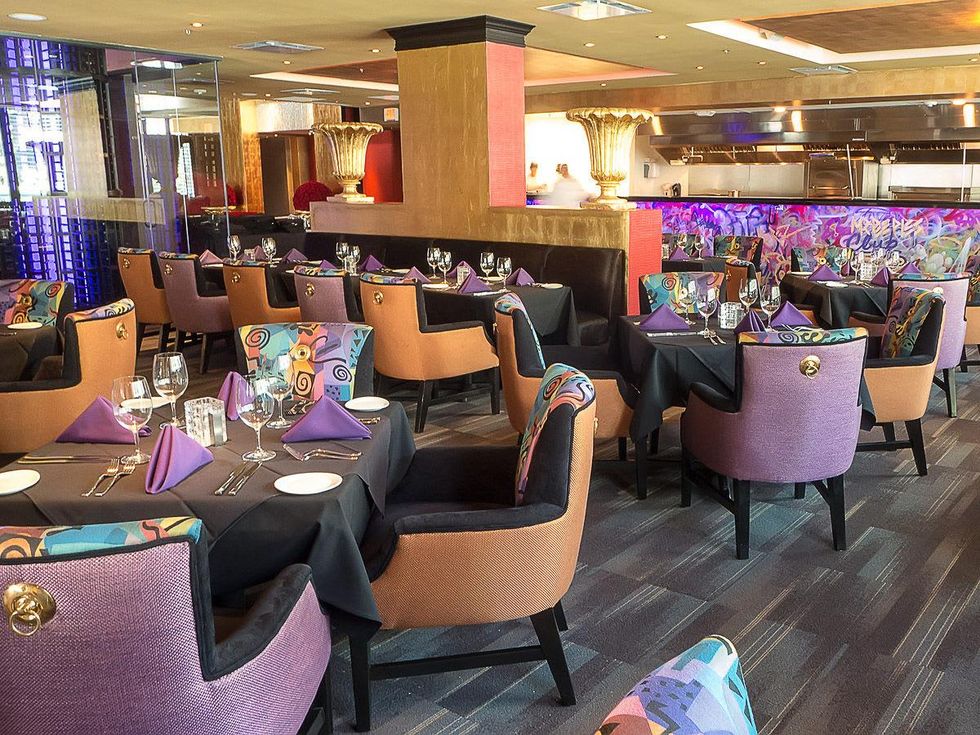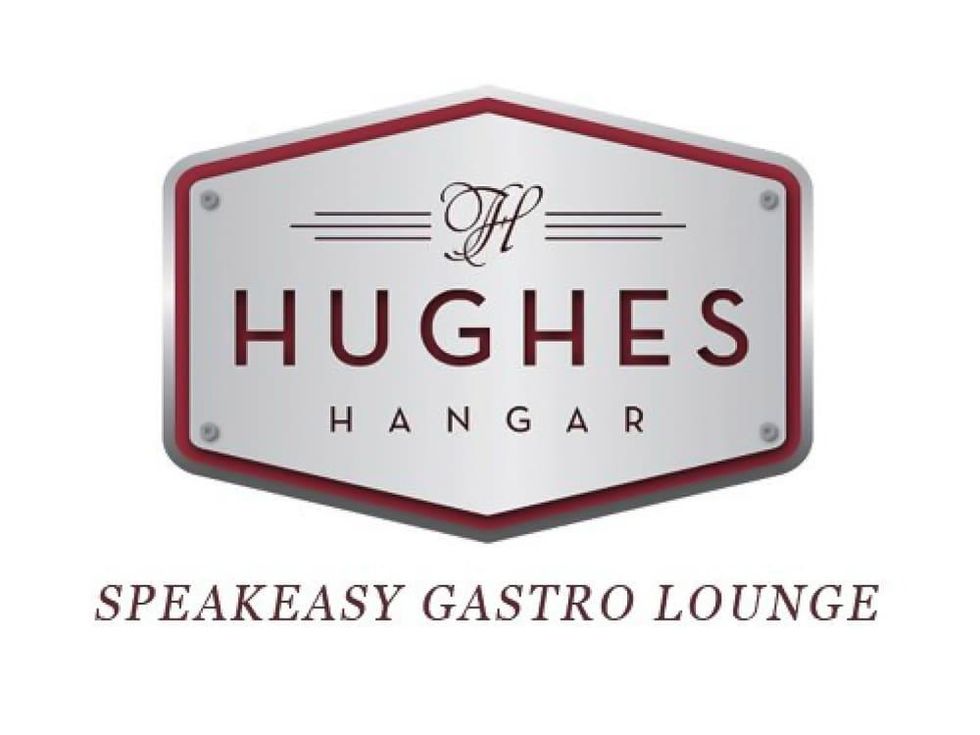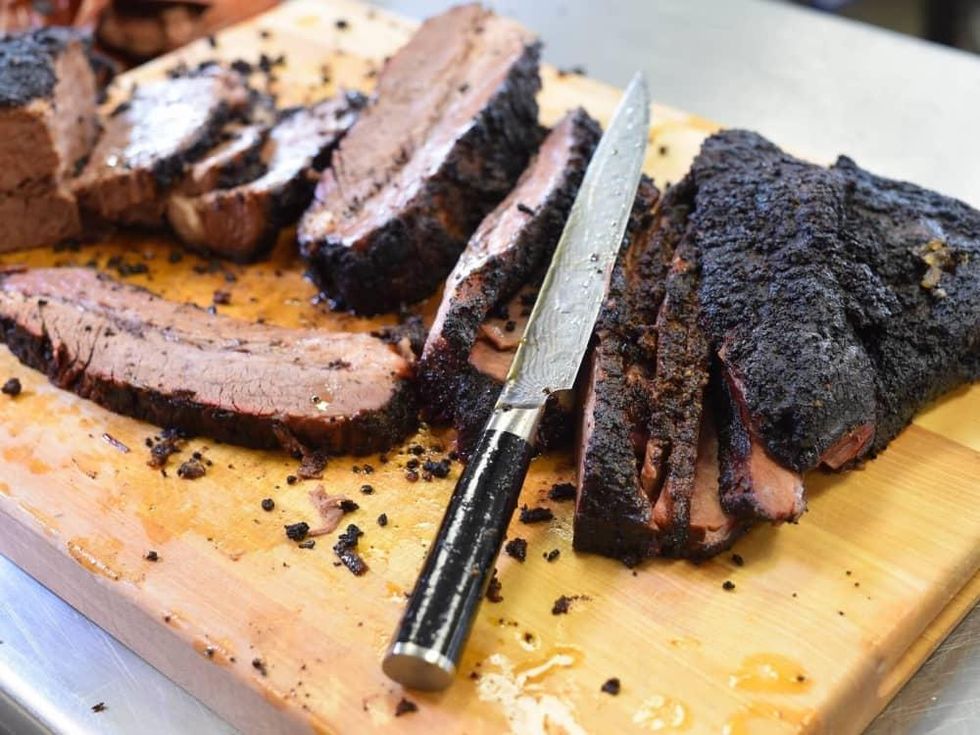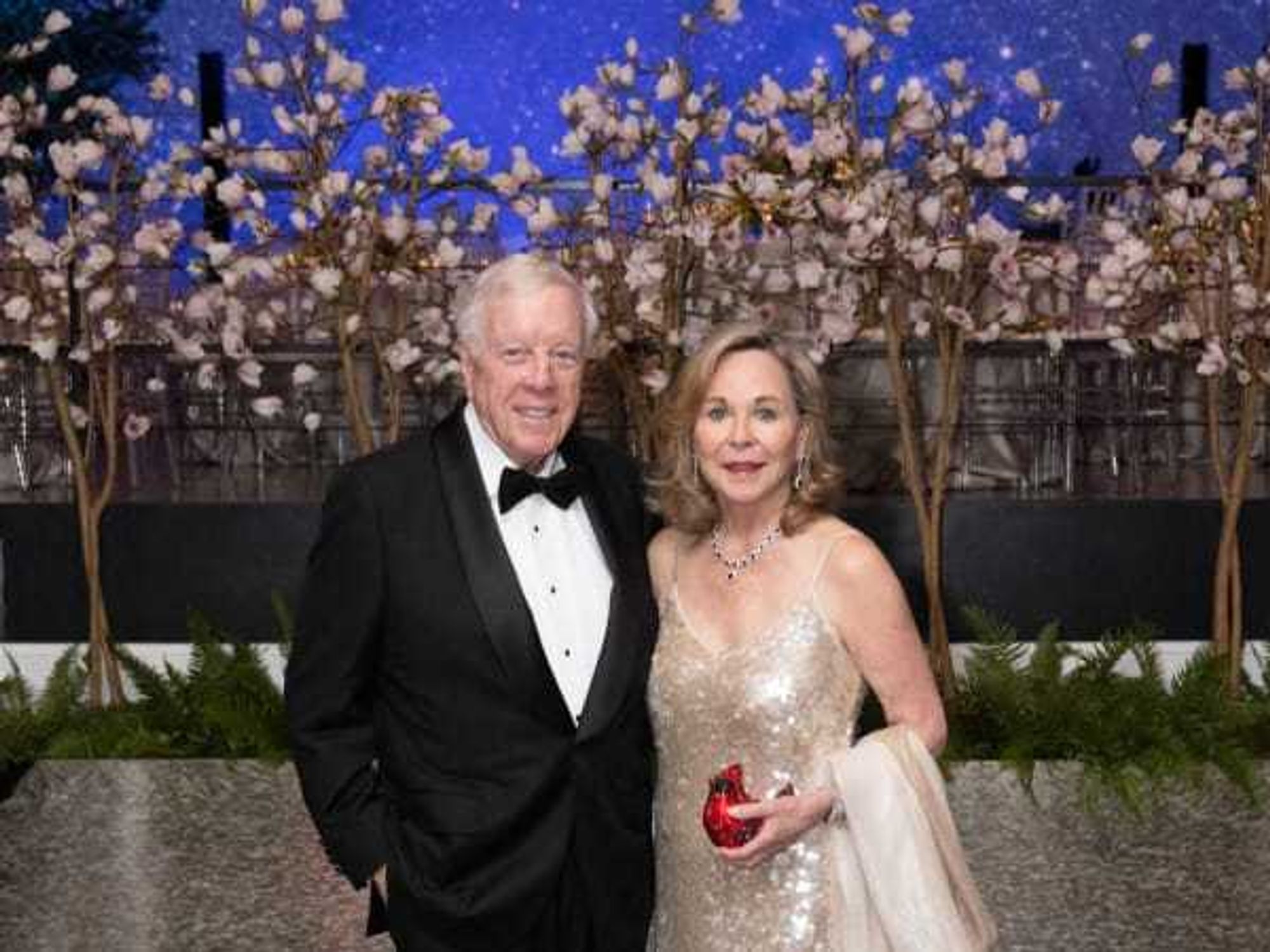Editor’s note: As 2025 comes to a close, we're looking back at the stories that defined Houston this year. In our City Life section, readers will notice several of our local universities earned high praise from prestigious global and national publications. Houston's sprawling suburbs continued to skyrocket in popularity for their livability and safety, and no top-10 list is complete without mentioning the city's wealthiest residents. Read on for the top 10 Houston City Life stories of 2025.
1. 2 Houston universities named among world’s best in 2026 rankings. These two high-performing local institutions – Rice University and University of Houston – are in a class of their own, according to the QS World University Rankings 2026. QS (Quacquarelli Symonds) compiles the prestigious list each year; the 2026 edition includes more than 1,500 universities from around the world.
2. Richard Kinder is Houston's richest billionaire in 2025, Forbes says. The Kinder Morgan chairman is the 11th richest Texas resident right now, and ranks as the 108th richest American. Kinder also dethroned Tilman Fertitta to claim the title as the wealthiest Houstonian.
3. 2 Houston neighbors shine as top-10 best places to live in the U.S. Pearland and League City, respectively, claimed No. 3 and No. 6 in U.S. News & World Report's annual "Best Places to Live in the U.S." rankings. The 2025-2026 rankings examined 250 U.S. cities based on five livability indexes: Quality of life, value, desirability, job market, and net migration.
4. 5 Houston suburbs deemed best places to retire in 2026 by U.S. News. The Woodlands and Spring should be on the lookout for an influx of retirees next year, U.S. News predicts. Three more Houston-area neighbors also ranked among the top 25 best places to retire in America.
5. Activist group calls out Houston highway as a 'freeway without a future'. A May 2025 report from Congress for the New Urbanism (CNU) included Houston's Interstate 45 expansion on its list of highways with infrastructure that is "nearing the end of its functional life." CNU claims further expansion of Houston's highway system could eventually lead to the loss of the city's bayous, while also diminishing the remaining flood-absorbing land.
6. 10 things to know about America's first Ismaili Center opening in Houston. After nearly 20 years in the making, the long-awaited Ismaili Center, Houston finally opened its doors to the public. The 11-acre site was painstakingly designed and constructed to offer indoor and outdoor public spaces for all Houstonians to enjoy, connect, and engage.
7. Houston billionaire Tilman Fertitta asking $192 million for superyacht. Fertitta, who owns the Houston Rockets and restaurant and hospitality conglomerate Landry's, decided to sell his 252-foot yacht, named Boardwalk, to make room for an even larger superyacht he is expected to receive in April 2026. Among numerous luxurious amenities, Boardwalk also features a helipad.
8. 2 Houston neighbors rank among America's safest suburbs in 2025. Spring came in at No. 19 and West University Place followed at No. 21 in SmartAsset's August 2025 study, which is the first time the two Houston suburbs have made it into the top 25.
9. Houston is one of America's most overpriced cities, study finds. This likely isn't a surprise to some Houstonians. The study, conducted by Highland Cabinetry, said Houston "struggles with heavy pollution and underwhelming income levels."
10. 9 Houston universities make U.S. News' 2025 list of top grad schools. Among the newcomers this year are Houston Christian University and Texas Southern University. HCU's graduate education school ranks No. 21 in Texas, and TSU has the 10th best law school in the state.
